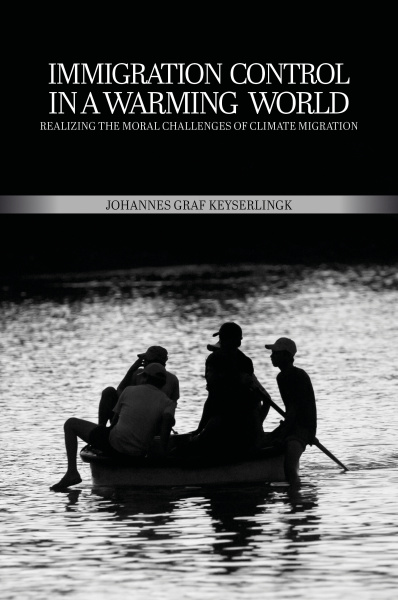In the course of the twenty-first century, climate change is projected to significantly increase the already weighty immigration pressures that rich countries in Europe and North America face. Estimates vary greatly from 50 to 500 million further migrants until 2050, most of them from developing countries that have contributed little to global warming. Meanwhile, the willingness of citizens in destination countries to let further foreigners immigrate is unlikely to keep pace with that increase.
In fact, the concern with climate migration is a blurry, intricate and pressing one that will turn out to challenge current political and philosophical frameworks. It is a blurry one because it will often be impossible to tell whether or to what extent it really was the changing climate that triggered a particular migratory flow (rather than, say, economic, social or demographic factors that often interact with the climatic trigger). It is an intricate one because, although it appears that heavily emitting countries have a particularly strong responsibility toward climate migrants, there is little doubt that in times of rising anti-immigrant sentiment that moral responsibility cannot be addressed by simply calling for more open borders. And it is a pressing one because this latter insight neither absolves us from our obligations toward climate migrants nor will it keep them from moving.
Immigration Control in a Warming World aims to address these concerns and discusses potential future solutions to the issue of climate migration. That such morally appropriate solutions are hardly in sight in today's practice of international politics is a poignant realization, and it serves as a starting point for this book’s trenchant critique of political inaction and of some philosophical commentators’ more idealistic perspectives on migration in the twenty-first century.


